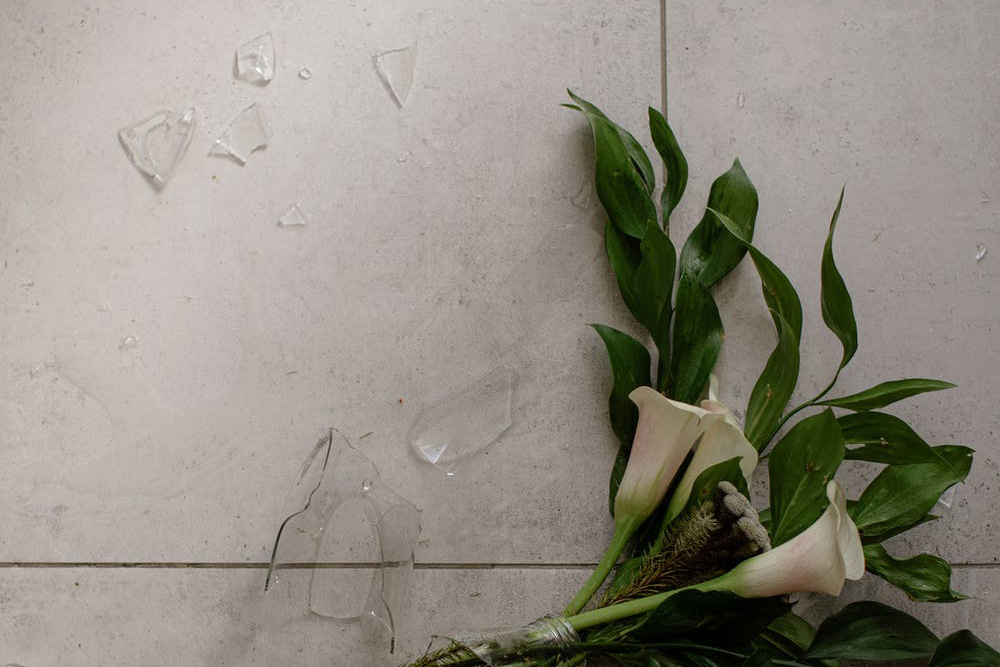Translated into English by Andrés Castillo
Editor’s note: This is part two of Dania Hernández’s call story. Part one is available here. Hernández is Pastor of Peña de Horeb, a Mosaic congregation in Philadelphia, PA.
Life for Hernández in the US began in a less conventional way. Confident that this was what she wanted, she did not look back for a single moment and moved forward. Her relationship with her boyfriend strengthened and soon she became his wife and the mother of his three children. They put down roots and decided to fight for life in the country of opportunity.
That’s how the first twenty years passed, years in which Hernández experienced great joys, along with deep sorrows. Among the moments she counts as blessings is having been reunited with God and overcoming the many challenges she encountered along the way.

Hernández felt a deep desire to serve God and was called to be a pastor. Doors opened for an opportunity in a Mennonite faith community called Peña de Horeb in Philadelphia, PA. Everything seemed perfect. She had what she had always dreamed of: a cozy home and economic stability.
What happens when all this begins to fall apart? How do you deal with fear? How do you face the moments of darkness that enclose your life? How do you coexist between what once was, but is no longer?
Divorce and a Dead End
Love is defined in many ways: a feeling of affection towards another human being or one thing; the free decision to feel affinity for others or others; the greatest force that moves the human being. Love never comes without wounds.
Life had begun to become difficult for the married couple. The constant psychological abuse and humiliation that Pastor Dania experienced from her husband made her lose herself in a dead-end. Her self-love waned to such an extent that this was reflected in her gaze, her body, her skin, and the constant anxiety she experienced. Pastor Dania was followed by pain generated by the separation from her husband.
“A part of one always knows that it can all end,” Hernández said sadly. “She perceives it, discerns it, but doesn’t understand it. The signs or red flags that appear on the road are as obvious as the coldness of a conversation, the loneliness in each other’s company, the silence generated by the distance, the uncomfortable looks. One becomes blind out of fear of letting go, when in reality letting go is the most beautiful act of freedom.”

Pastor Dania would have loved for the story with her ex-husband to have been different. Unfortunately, her story, her wounds, and her scars cannot be erased. They remain there to remind her that if she had not traveled this path, she might not have become the woman she is today: a tolerant, compassionate woman, full of love and courage, who, in the midst of the deepest dark waters, was able to come to the surface and raise her head high.
Pastor Dania’s call story will conclude next week with part III.
The opinions expressed in articles posted on Mosaic’s website are those of the author and may not reflect the official policy of Mosaic Conference. Mosaic is a large conference, crossing ethnicities, geographies, generations, theologies, and politics. Each person can only speak for themselves; no one can represent “the conference.” May God give us the grace to hear what the Spirit is speaking to us through people with whom we disagree and the humility and courage to love one another even when those disagreements can’t be bridged.
This post is also available in: Español (Spanish)
This post is also available in: Español (Spanish)
